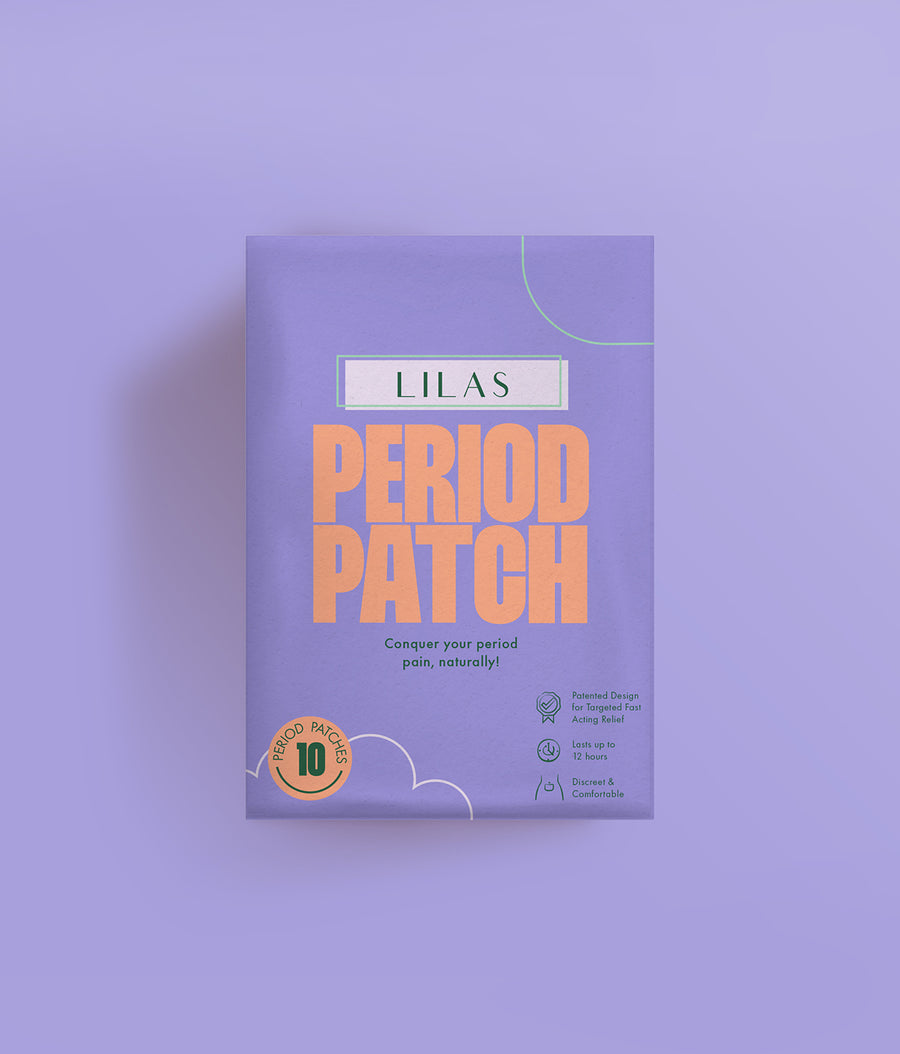The Significance of World Breastfeeding Week 2020
During the first week of August each year (August 1-7), people across the globe particularly acknowledge breastfeeding. Rather appropriately, the dedicated occasion is now known as World Breastfeeding Week (WBW). Admittedly, in my day-to-day life, I don’t think about breastfeeding often. I know that decisions surrounding breastfeeding may potentially become part of my life at some point in the future. But I was unaware of the more far-reaching repercussions of breastfeeding on a global scale. According to the World Alliance for Breastfeeding Action (WABA), emphasizing breastfeeding in policy and action can possibly prevent 20,000 maternal deaths, 823,000 child deaths, and the loss of $302 billion per year. This degree of impact definitely warrants more attention. So why isn’t World Breastfeeding Week common knowledge? I also must confess that I didn’t hear about it until recently. Celebrating World Breastfeeding Week can help us start much needed and nuanced conversations around the practice.
World Breastfeeding Week was first launched in 1992 in commemoration of the 1990 Innocenti Declaration orchestrated by UNICEF. Though the Innocenti Declaration provides a comprehensive overview of breastfeeding’s characteristics, WBW highlights one of these specific attributes for global consideration. The WBW theme for 2020 is the connection between breastfeeding and climate change. WABA, along with UNICEF and the World Health Organization (WHO), asserts that breastfeeding supports a healthier planet.
As it turns out, World Breastfeeding Week isn’t the only time dedicated to discussing breastfeeding. In fact, in the United States, all of August is National Breastfeeding Month. The month-long observance extends the duration of considering the theme presented in WBW. Furthermore, August 25-31 is Black Breastfeeding Week. In addition to the theme of WBW, Black Breastfeeding Week also concentrates on the additional social stigma and marginalization faced by Black women and other minorities on the basis of race.
Decisions around breastfeeding involve multiple societal aspects. To be clear, choosing not to breastfeed and using baby formula does NOT make anyone a less of a mom. Advocating for a broader acceptance of breastfeeding should not be used to shame those who don’t do it. If anything, we are just pressing for the ability to make the choices that are the most appropriate for our distinct circumstances, weighing the pros and cons accordingly. As the LILAS community, I hope that we encourage one another and the people that we care about to make informed decisions about breastfeeding that are best for them. May we continue to gather pertinent information and engage in increasingly enhanced and diversified dialogue.


Leave a comment